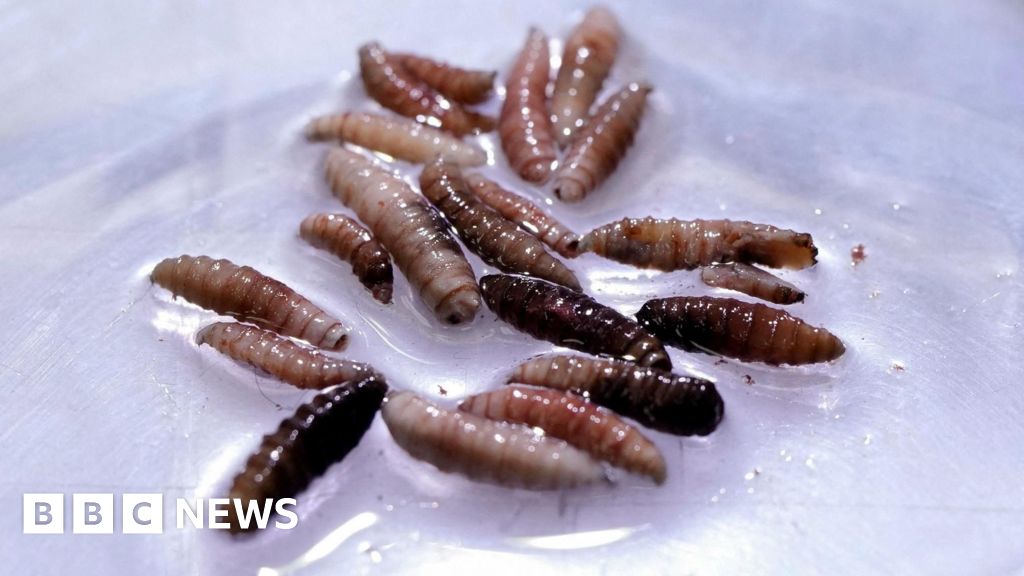The number of animals infested with New World screwworm (NWS), a flesh-eating parasite, has risen by 53% in the four weeks to mid-August, according to Mexican government data.
While infestations by the fly larvae primarily affect cattle, officials have also recorded cases in dogs, horses, sheep, and even humans. Dozens of individuals have reportedly been treated in hospitals in the southern states of Campeche and Chiapas.
This uptick in infestations follows a recent confirmation by U.S. health authorities of the first human case in a traveler returning from El Salvador.
NWS was declared eradicated in the U.S. in 1966 and in Mexico in 1991 after implementing measures using sterile male flies to disrupt their reproductive cycle. However, the parasite has been prevalent in tropical regions of Central and South America and is now re-emerging in Mexico, with the first new case reported in November 2024.
The female New World screwworm flies (Cochliomyia hominivorax) lay eggs in or near open wounds on warm-blooded animals, feeling on the host's living flesh as the larvae develop. This condition, known as myiasis, can cause significant tissue damage and can be fatal if untreated.
While fatalities from human infestations are rare, vulnerable populations, including the elderly and those with pre-existing health conditions, are at increased risk. Reports indicate that an 86-year-old woman in Campeche died from cancer complicated by a screwworm infestation in July.
Health officials emphasize that people working with livestock or residing in rural areas with infested animals should remain vigilant, watching for symptoms such as unexplained skin lesions or the presence of larvae in wounds. Basic prevention strategies, including proper wound care and the use of insect repellents, are crucial when visiting affected regions.
If anyone suspects they may have been infested, seeking medical assistance promptly is advised.


















